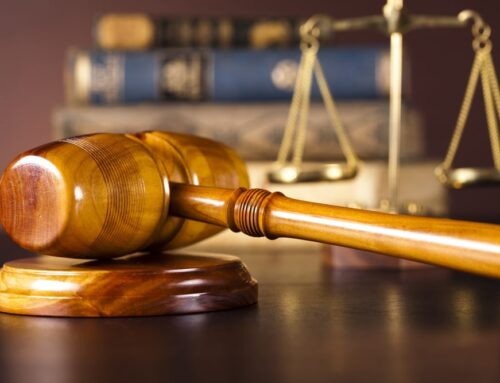Wills, Trusts & Estates
A will is a legal document that outlines how a person’s assets will be distributed after their death. It is an important document that ensures that a person’s wishes are carried out and their loved ones are taken care of after they pass away.
One of the main benefits of having a will is that it allows the person making the will, also known as the testator, to have control over their assets. Without a will, the distribution of assets is determined by the laws of the state where the person lived at the time of their death. This can lead to unintended consequences and can result in family members or loved ones being left out of the distribution of assets.
Another benefit of having a will is that it can help to avoid disputes among family members after a person’s death. When a person dies without a will, disputes can arise between family members over who should receive what assets. This can lead to lengthy and expensive legal battles that can tear families apart. Having a will in place can help to prevent these types of disputes and can provide peace of mind for the testator.
Limitations of a Will
It is important to note that not all assets are covered by a will. For example, assets held in joint tenancy, such as a joint bank account or a house owned by two or more people, will automatically pass to the surviving joint owner(s) upon the death of one owner. Similarly, assets held in a trust will pass according to the terms of the trust, not the will. It is important to work with an estate planning attorney to ensure that all assets are properly accounted for and distributed according to the testator’s wishes.
Drafting a Will
Creating a will is a relatively straightforward process, but it is important to take certain steps to ensure that the will is valid and enforceable. The first step is to work with a wills lawyer to draft the will. The attorney can help to ensure that the will meets all legal requirements and that the testator’s wishes are clearly stated.
The testator will then need to sign the will in the presence of witnesses. The number of witnesses required varies by state, but typically two witnesses are required. The witnesses must also sign the will in the presence of the testator and each other. This is to ensure that the will is not forged or altered after the testator’s death.
After the will is signed, it is important to keep it in a safe place. The testator may choose to keep the will in a fireproof safe at home, or they may choose to store it in a safe deposit box at a bank. It is important to let family members or trusted friends know where the will is located so that it can be easily found after the testator’s death.
Creating a will is an important part of estate planning. It allows a person to have control over the distribution of their assets after their death and can help to prevent disputes among family members. While creating a will may seem daunting, working with a wills lawyer can help to ensure that the will is valid and enforceable. By taking the time to create a will, a person can provide peace of mind for themselves and their loved ones.
Thanks to our friends at Kaplan Law Practice, LLC for their insight into wills and estate planning.







